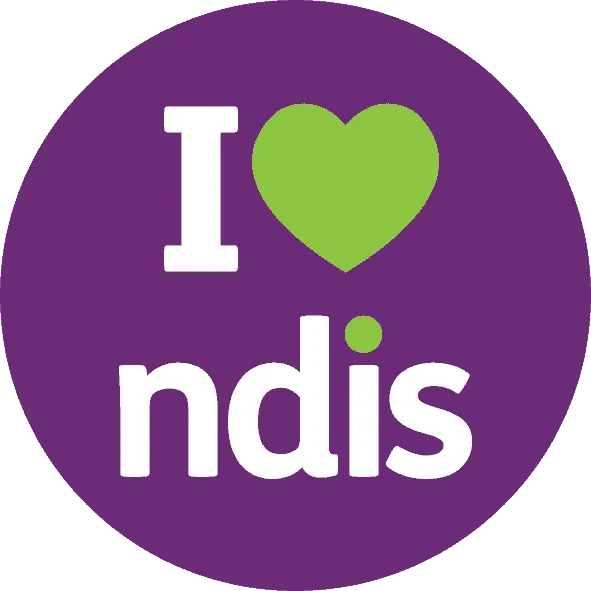
How Paylos Was Born: Reflections That Shaped Our Mission
Before Paylos was even a concept, I spent years immersed in the challenges and complexities of supporting young people. As a case manager working with at-risk youth and trauma-informed programs, I saw firsthand how difficult it was for them to access meaningful support. Simultaneously, I volunteered on youth holiday camps, where I observed the transformative power of fun activities and positive role models. These two worlds couldn’t have been more different—and yet, they collided to spark an idea that would eventually become Paylos, a leader in trauma-informed youth programs.
Bridging the Gap: Trauma-Informed Youth Programs for At-Risk Youth
As a case manager, one of the biggest challenges I faced was the reluctance of young people to engage with services. And, honestly, they had every right to feel that way. Many of them had endured the trauma of being separated from their families, navigating a system that often felt impersonal or overwhelming. I could understand why they distrusted social workers, case managers, or anyone representing “the system.”
This isn’t a criticism of the social work sector—I was, and still am, proud to be a youth worker. The people in this field work tirelessly to make a difference, often within rigid systems and limited resources. But the reality was that the existing services weren’t always equipped to bridge the gap with young people who had experienced significant trauma.
On the other hand, my experience volunteering on youth camps painted a starkly different picture. These camps were fun, full of energy, and built around positive activities that brought young people together. Yet, they weren’t equipped to handle the needs of young people with complex trauma backgrounds. I saw a gap—a space where something truly transformative was missing: a hybrid model combining fun activities with trauma-informed youth services.
Creating a Pathway: Fun, Safety, Connection, Empowerment
The more I reflected on these two contrasting worlds—the structured but often disengaging system of social work and the lively, connection-driven environment of youth camps—the more I realized what was missing. What if there was a way to combine the best of both?
I envisioned a model that brought together the excitement and accessibility of fun, adventure-based activities with the structure and trauma-informed support of professional youth workers. A model where young people could feel safe and engaged without it feeling like traditional “services.” This approach would meet them where they were—relatable, approachable, and non-threatening—while embedding the advocacy, capacity building, and skill development they needed.
This vision became the foundation of Paylos and our core theory of change: Fun leads to safety, safety leads to connection, and connection leads to empowerment.
The Paylos Theory of Change: Transforming Lives Through Connection
Turning this vision into a reality wasn’t without its challenges. It required thoughtful planning, reflection, and the development of a clear framework to guide our work. This is how we arrived at our theory of change: Fun leads to safety, safety leads to connection, and connection leads to empowerment.
For young people with complex trauma backgrounds, safety is the foundation of everything. But creating that sense of safety often requires starting with something simple and disarming—fun. By engaging in exciting, adventure-based activities, young people can let their guard down and begin to feel safe.
Once safety is established, connection becomes possible. These connections—with positive role models, peers, and the community—are the bridge to building trust and fostering growth. And through these connections, true empowerment can happen. Young people begin to see their own potential, gain confidence, and take steps toward a brighter future.
Looking Ahead: Expanding Trauma-Informed Youth Services
As Paylos continues to grow, this theory of change remains at the heart of everything we do. It’s more than a framework—it’s a promise to the young people we support. A promise to meet them where they are, to help them feel safe, to connect, and ultimately, to empower them to shape their futures.
This journey started with a simple idea born out of reflection, frustration, and hope. And now, three years later, it’s become a reality that’s making a difference every day.
Here’s to the continued adventure, the connections we’ll build, and the lives we’ll empower in the years to come.

















.svg)


